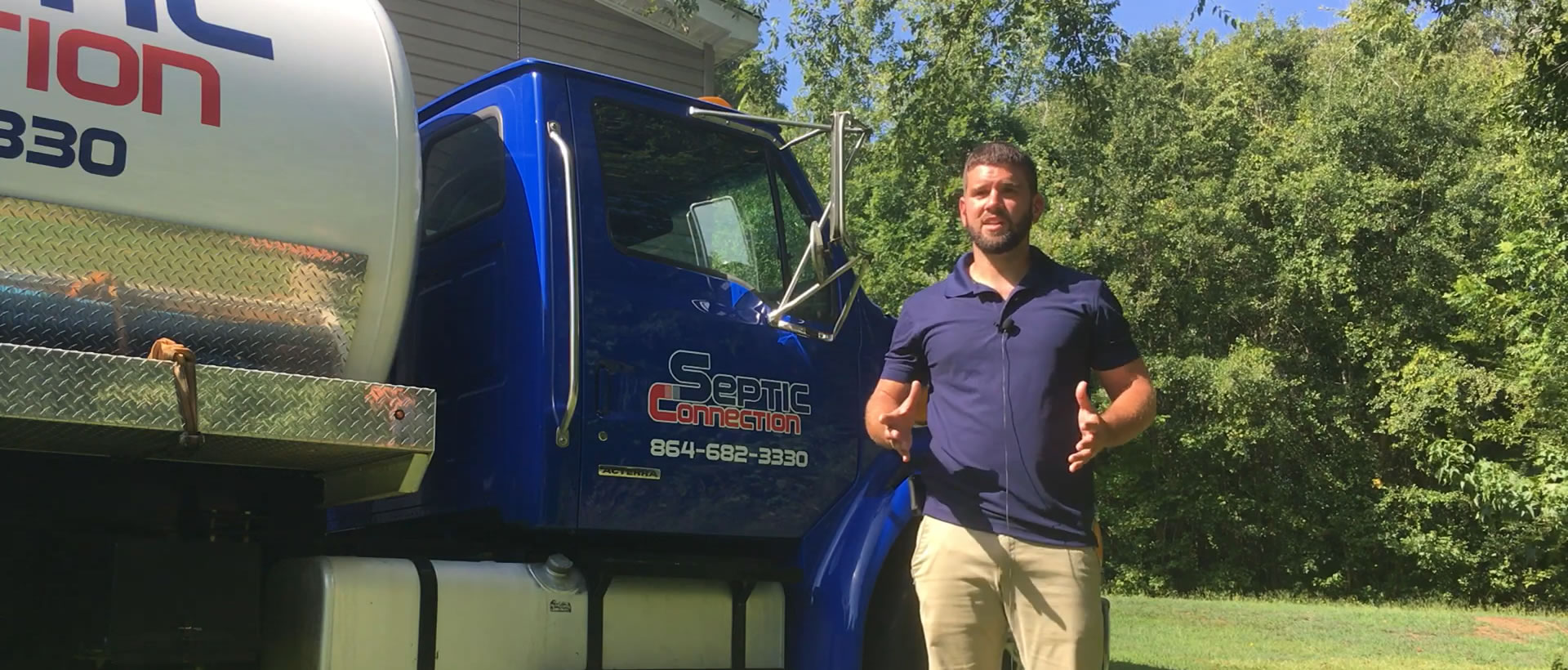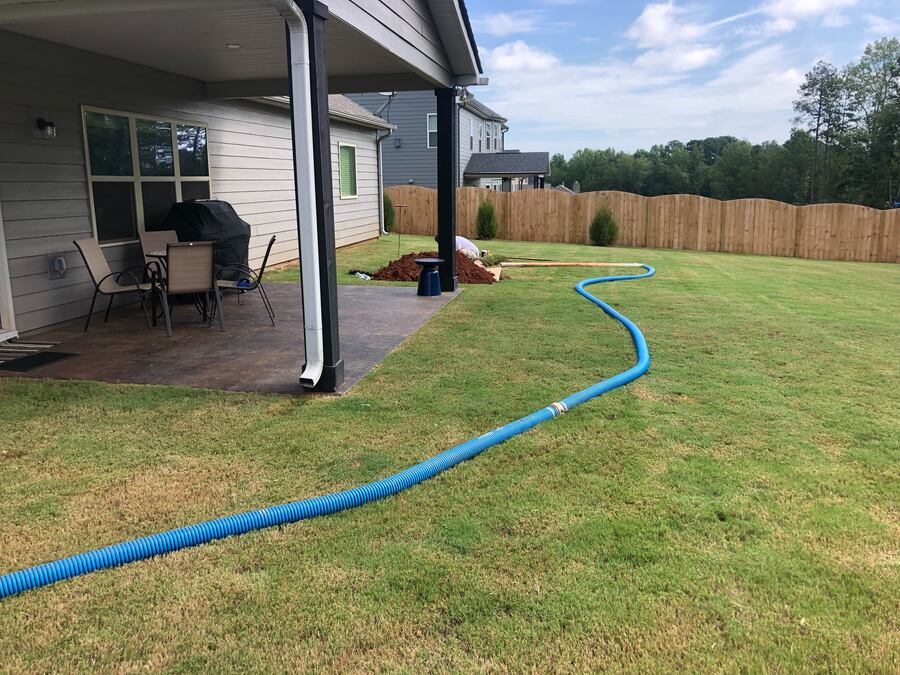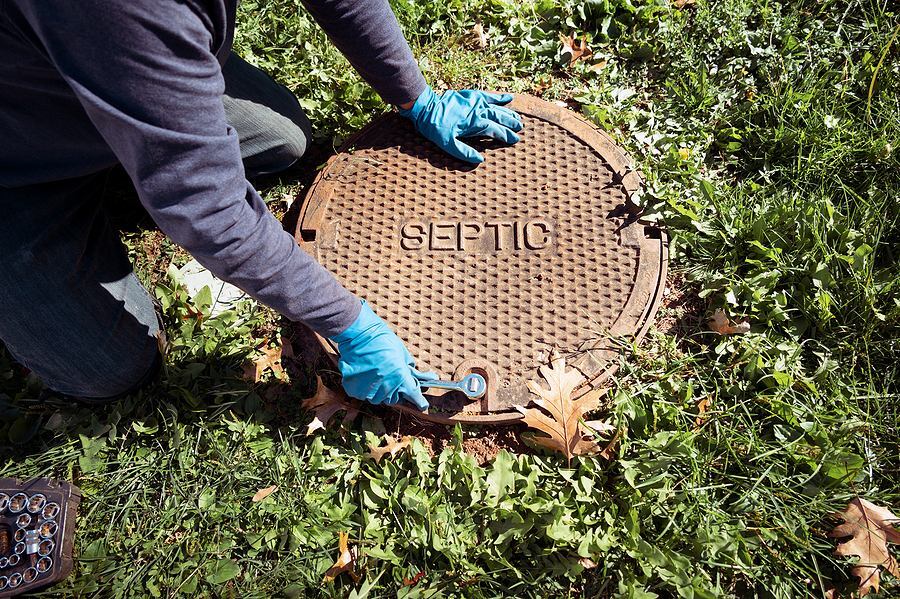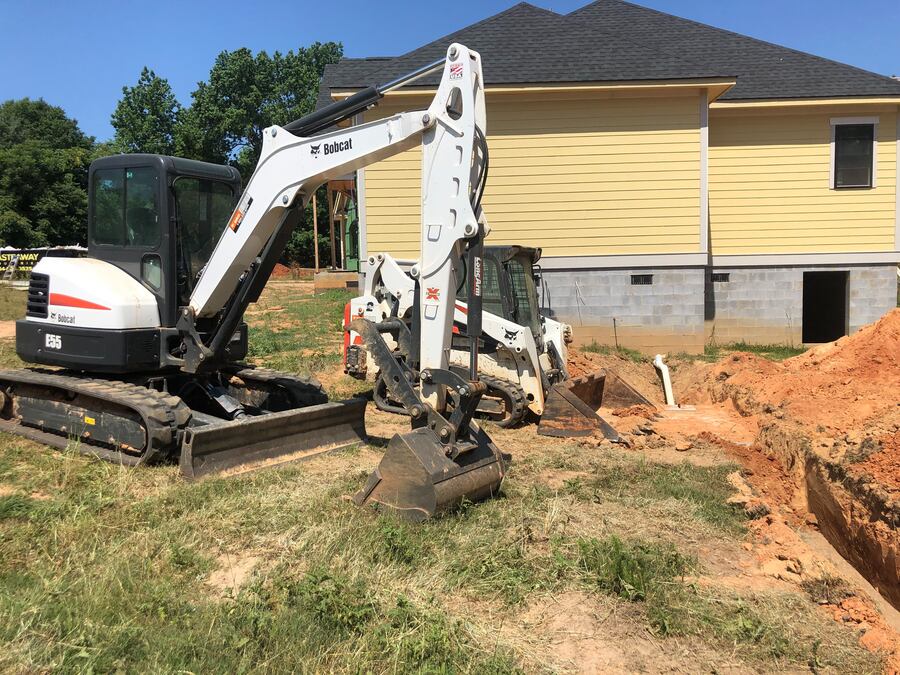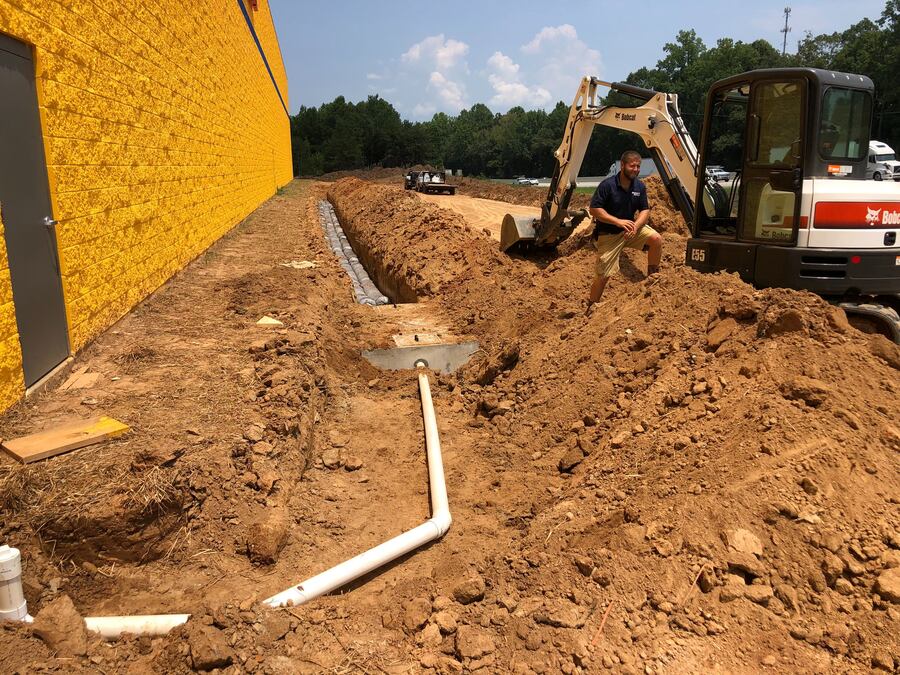
Understanding Septic Drain Lines
Septic systems play a vital role in managing wastewater for homes that don’t have a municipal sewer system. If you are considering a septic tank installation, understanding how drain lines work is crucial. At Septic Connection, we leverage extensive expertise to ensure your system is in tiptop shape to process and filter waste before returning it safely to the environment. Let’s delve into how these lines function and what to watch, helping you avoid costly septic tank repair calls.
How Do Septic Drain Lines Work?
Septic drain lines, or leach field pipes, distribute the wastewater from your tank into the surrounding soil. After solid waste settles in the bottom, the liquid effluent flows into these drain lines. These pipes allow the wastewater to seep into a bed of gravel or sand for natural filtration. The microorganisms in the soil break down harmful pathogens and organic matter, treating the effluent before it re-enters the groundwater. As a reputable septic company, we ensure proper design, installation, and maintenance, giving you peace of mind knowing your unit is efficient and safe.
Common Signs of Septic Drain Line Issues
After a successful septic tank installation, keeping an eye out for warning signs of trouble is crucial to preventing severe problems. One common sign of a drain line problem is slow drains or backups in your home. The most common culprit is blockage, prompting a septic tank pumping session.
Another warning sign is unpleasant odors near the drain field. This shows that wastewater isn’t filtering properly through the soil. If you notice patches of unusually lush grass over the drain field, it might be time to consider professional septic tank repair services.
Lastly, stagnant water or soggy ground in your yard is a sign your septic drain lines are not functioning as expected. In such situations, addressing these signs quickly can prevent extensive system and property damage.
Causes of Drain Line Problems
Several factors can cause septic drain line issues. Overloading the system by using excessive water can overwhelm the lines, leading to backups and leaks. In addition, flushing non-biodegradable items down the toilet or pouring them down your drains can clog pipes, obstructing wastewater flow.
Tree roots are another common culprit, as they can infiltrate and damage the drain lines. Also, compacted soil from heavy vehicles or construction over the drain field can restrict the movement of water, reducing the system’s effectiveness. It is advisable to invest in routine septic tank pumping and maintenance sessions, ensuring minor issues don’t get out of hand.
Maintenance Tips for Healthy Septic Drain Lines
Routine maintenance like septic tank cleaning is crucial to enhance system efficiently. Schedule regular checks with a certified septic company to prevent solid waste from overflowing into the drain lines. Avoid using harsh chemicals or pouring grease and oil down your drains, as these can harm the microorganisms responsible for wastewater treatment.
Conserving water can also reduce stress on your system. Simple steps like fixing leaks, using high-efficiency appliances, and minimizing water usage throughout the day can make a big difference.
Septic drain lines are a critical component of your wastewater management system, hence the need to understand how they work to help you maintain efficiency and function. Contact us at Septic Connection and schedule a consultation with our experts to extend the life of your septic system and protect your property. We provide comprehensive services, including septic tank cleaning and repair, ensuring a safe and healthy home.
 How it works
How it works
